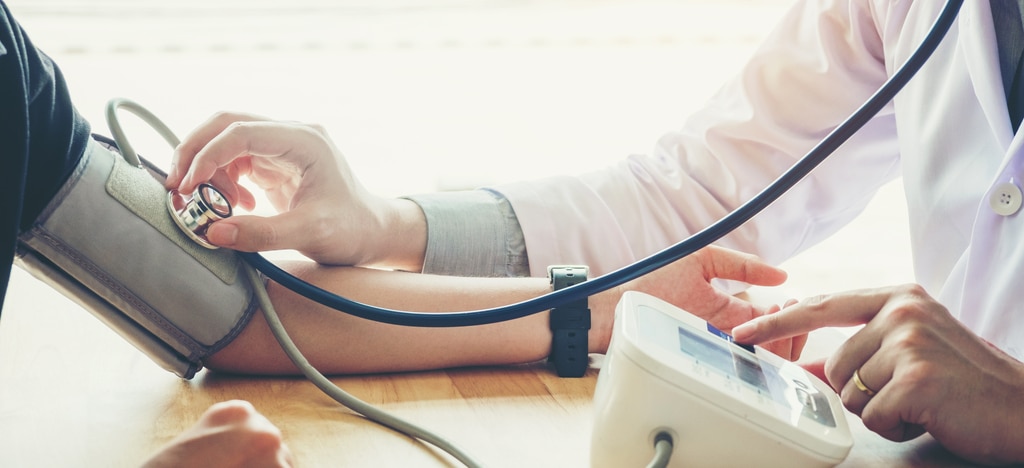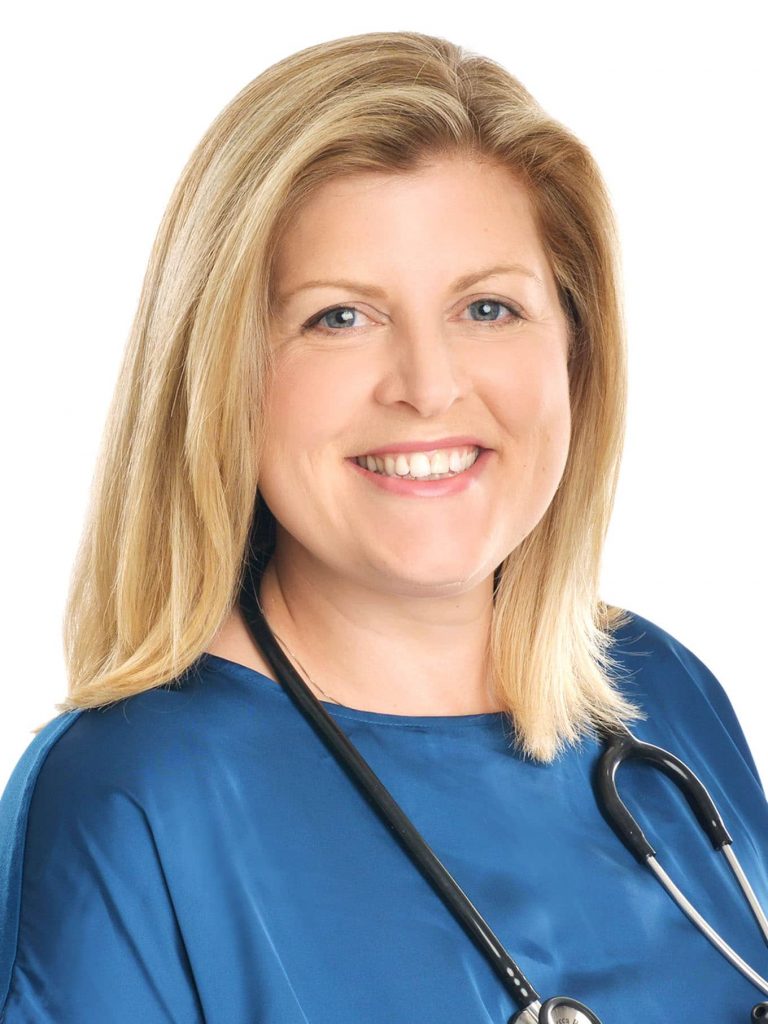January is a great time of reflection and resolutions, with a large number of us committing to lead a healthier, more active lifestyle.
What better time to have a health check to reflect on current lifestyle habits, take stock of your health and plan for a healthier, happier you in the new year.
Why are health screenings important? I feel perfectly healthy!
Health screenings provide an opportunity to sit down with your doctor and take the time to identify your individual risk factors for illness. Such discussions will include an assessment of your lifestyle, family history, travel plans and your personal concerns and ideas. Recommendations can be made which allow you to take better control over your health.
Screening aims to seek early signs of disease before the symptoms become apparent. Early detection allows timely treatment, which leads to better outcomes than waiting until the symptoms manifest.
How do I decide which type of screening to get?
With a plethora of screening tests on offer, it can become overwhelming, and knowing where to start could be confusing.
At International Medial Clinic we do not believe in a one size fits all philosophy when it comes to health screening. We offer a more bespoke service, personalised to your needs. Investigations should be tailored depending on your medical history, conditions that occur in your family, potential travel plans and current lifestyle. For example, there might be a need to focus on diabetes risk based on family history, respiratory and cardiovascular health in a smoker, sports medicine in a keen jogger, travel health if a trip is booked or women’s health if an aunt has suffered ovarian cancer.
It is important to not see screening as a one off check. Screening will only pick up signs of disease at that particular time and risk factors can change with age. Incorporating an annual health check into your lifestyle will best help optimise your long term health.
Is it ‘more tests the better’ when it comes to health screenings?
Investigations should only be considered based on the best medical evidence available. The tests offered should be reliable and the disease should be of significant concern. There should be a benefit of finding the disease, such as effective treatment available or suggestions of preventive measures you can take to deter illness.
Investigations should be arranged with care. There is a concern of over diagnosis whereby a test finds an abnormality that would never have caused symptoms or harm over the persons lifetime. This results in further unnecessary investigations and can cause undue anxiety to the individual. Some tests also pose a risk of radiation and should only be done when the potential benefit outweighs this risk.
Screening should incorporate a thorough discussion of the potential pros and cons of investigations, as well as your concerns, preferences and risk profile. This allows you to make an informed choice regarding which tests are suitable for you.
Is health screening just for physical health or can it assist my mental health?
Mental and physical health go hand in hand. Chronic disease causes a higher rate of depression. Depression and other mental health issues can increase your cardiovascular risk and have an adverse effect on your eating and exercise habits.
Mental health issues are very common and yet there is still a prevailing social stigma surrounding the topic. A lot of work is being done to normalise the conversation around mental health and yet some people still struggle to seek the help they need.
Some people may not appreciate they are suffering from stress or burnout until they sit back and take stock of their lifestyle.
A Health Screening can be a good opportunity to identify any feelings of low mood, anxiety, stress or insomnia which may need ongoing support and follow up.
What age should people start getting an annual health screen?
Annual Health Screenings that are customised to your age should start at 18 years old.
At this age, seeing your doctor may not be the top of your priorities and chances are you feel absolutely fine in your 20s, but it is beneficial to start good habits to keep yourself healthy in the future. Ensuring pap smears are up to date, checking blood pressure and BMI, mole checks, vaccine updates and sexual health screens are just some of the areas that might be addressed.
With advancing age there are more tests routinely offered, such as considering breast cancer screening from 40, prostate cancer risk assessment from 45, colonoscopy for bowel cancer from 50, to name just a few.
If someone is unsure where to start, what would you recommend?
The best place to start is to book a consultation with your doctor. After a thorough discussion of your current health and risk factors for future illnesses, together you can plan a Health Screening suitable for your needs at your current stage of life.
Take charge of your health this year, and start off the year with a personalised annual health screening.
Dr Rebecca Daly is a UK trained GP based at IMC Katong 6342 4440 or visit www.imc-healthcare.com



































